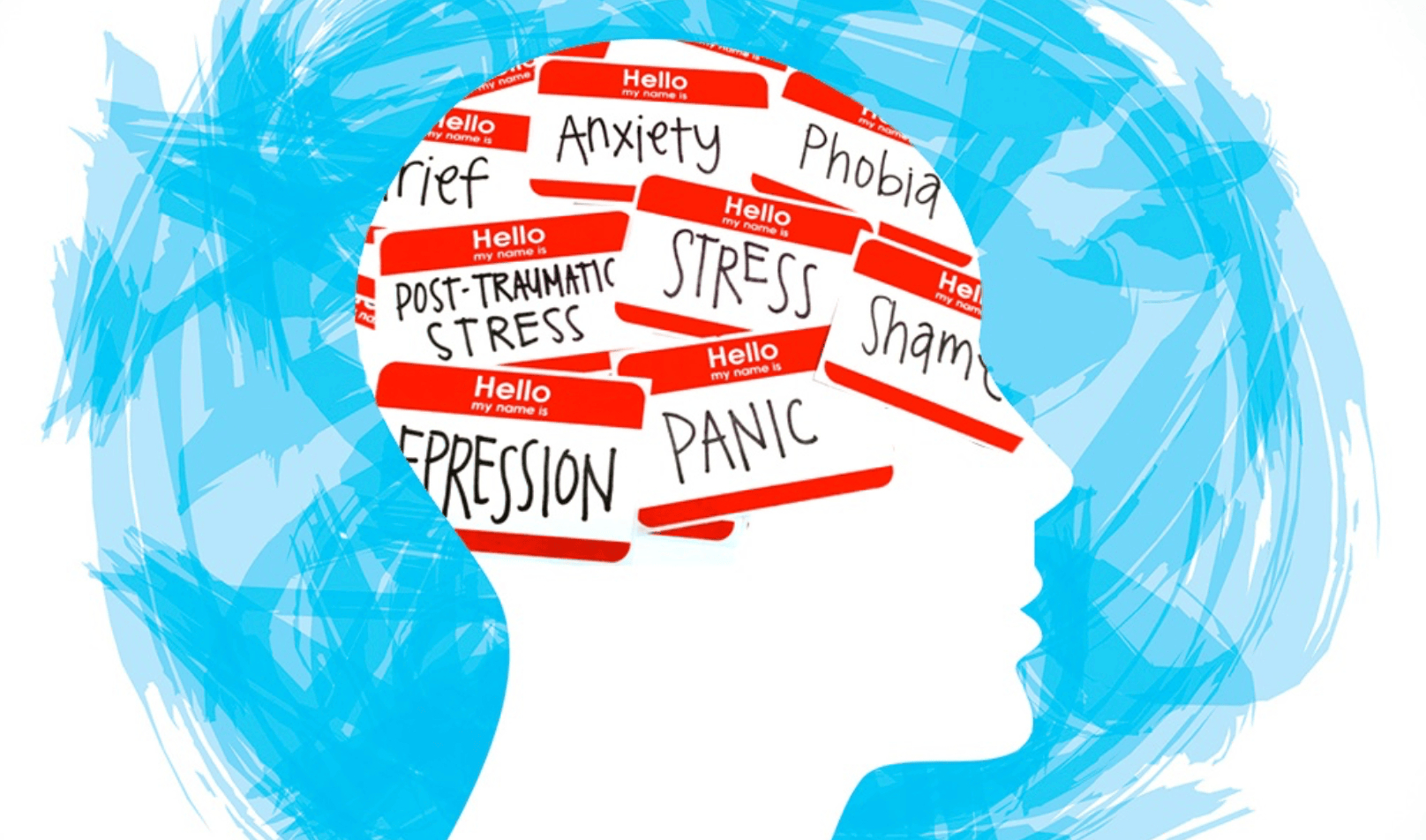Steps to Access Specialized Inpatient Mental Health Treatment
Steps to Access Specialized Inpatient Mental Health Treatment
Blog Article
Inpatient Mental Health And Wellness Services: A Course to Recovery and Stability
Inpatient psychological health and wellness services play an essential duty in attending to acute emotional dilemmas, offering a meticulously structured environment that promotes healing and stability. These solutions not only include comprehensive assessments and customized treatment plans yet likewise provide constant accessibility to restorative treatments and clinical support. The significance of this strategy extends beyond instant alleviation, suggesting a transformative impact on long-lasting psychological health. However, the complexities of the admission procedure and the importance of aftercare raise critical concerns regarding access and efficiency in the broader context of psychological health and wellness treatment. What ramifications might these variables have for people looking for aid?
Comprehending Inpatient Mental Health Services
Inpatient psychological wellness solutions are crucial for giving organized and intensive care to people experiencing extreme mental distress or mental disease. These solutions normally involve the admission of patients to specialized centers where they get continuous supervision and assistance from a multidisciplinary group of mental wellness professionals. The primary objective of inpatient treatment is to maintain patients, ensuring their safety and resolving severe signs that might posture a danger to themselves or others.
Inpatient programs typically include a series of restorative interventions, consisting of individual and team therapy, medication monitoring, and psychoeducation. The structured setting is developed to advertise recovery by using a consistent regimen, lessening external stressors, and facilitating the development of dealing strategies.
When outpatient treatment alternatives have shown not enough or when an individual is in dilemma,Admission to inpatient services is generally taken into consideration. Facilities might vary in terms of their certain emphasis, with some concentrating on particular disorders such as anxiety, anxiety, or compound use. Through extensive evaluations and customized therapy plans, inpatient psychological wellness solutions intend to provide the necessary support for individuals to restore stability and plan for a shift to much less extensive levels of care.
Advantages of Inpatient Care
The advantages of inpatient care are considerable, especially for individuals encountering severe mental health obstacles. Inpatient therapy offers a structured setting that promotes recovery by reducing stressors and distractions related to daily life. This controlled setup allows people to concentrate solely on their mental health, facilitating the essential time for healing.
Furthermore, inpatient treatment deals 24/7 accessibility to medical and therapeutic support. This constant accessibility makes sure that clients can obtain immediate focus during crises, which is critical for those experiencing serious episodes - Inpatient Mental Health Facility. The collective method among clinical staff, including psychoanalysts, nurses, and therapists, improves the quality of care and promotes a thorough therapy plan customized to specific requirements
Furthermore, the public element of inpatient treatment cultivates a sense of belonging and assistance among people. Team treatment sessions and shared experiences can minimize sensations of isolation, encouraging people to involve in their recovery actively.
Additionally, inpatient programs often supply people with essential coping strategies and skills that can be challenging to establish in outpatient setups. By addressing underlying issues within a supportive framework, inpatient care can lead to much more steady results and a smoother shift back to daily life, eventually leading the course to sustained healing.
Treatment Methods and Therapies
Different treatment approaches and therapies are utilized in inpatient mental wellness solutions to address the unique requirements of each individual. These techniques are developed to help with healing and promote emotional security in an organized atmosphere.

Cognitive Behavioral Therapy (CBT) is a commonly utilized strategy, aiding people in identifying and modifying negative idea patterns that add to their psychological health and wellness concerns - inpatient mental health services. Dialectical Actions Therapy (DBT) is one more effective approach, particularly for those with borderline individuality disorder, focusing on psychological regulation and interpersonal performance
Pharmacotherapy plays an important duty in treatment, with psychological medications recommended to take care of signs and symptoms of conditions such as clinical depression, anxiousness, and schizophrenia. Routine surveillance and modifications ensure the performance of these medications while reducing negative effects.
Team treatment cultivates a sense of community and support among individuals, allowing them to share experiences and coping techniques. Furthermore, alternative treatments, such as art and songs treatment, advertise self-expression and psychological recovery.
Inevitably, the combination of these diverse healing methods offers a thorough therapy strategy customized to each person's particular requirements, aiming to enhance their overall health and promote an effective shift back into daily life.
The Admission Process
Browsing the admission process try this out for mental wellness services is an essential very first step towards healing. During this evaluation, the person's psychological health background, signs, and immediate requirements are thoroughly checked out.
When the evaluation is completed, the following step includes talking about the possible therapy alternatives. The individual and the therapy team collaboratively choose the most effective strategy, which may consist of inpatient care if the situation is considered severe. This is followed by the completion of essential paperwork, consisting of insurance policy verification and approval forms, to make certain that all lawful and economic facets are dealt with.
Additionally, household involvement might be urged during this stage to give assistance and gather point of views on the individual's circumstance. Inevitably, the admission procedure intends to produce a supportive and risk-free environment for the client, permitting a smooth shift into inpatient care. By understanding and taking part in this process, people can take an important action towards achieving mental health stability and recovery.

Aftercare and Ongoing Support
After completing an inpatient mental health and wellness program, individuals usually face the important task of transitioning to aftercare and continuous assistance, which are essential for continual healing. This phase is important for enhancing the abilities and coping systems learned throughout the inpatient keep, making sure that individuals continue to advance in their mental wellness journey.
Aftercare usually includes a mix of outpatient therapy sessions, assistance groups, and medication administration. Involving in routine therapy allows individuals to resolve recurring obstacles and create strategies to manage stressors in their day-to-days live. Assistance teams supply a feeling of neighborhood and shared more helpful hints experience, fostering connection and understanding amongst peers encountering similar battles.
Additionally, ongoing support may consist of family participation, where loved ones are enlightened about psychological health and wellness issues and motivated to take part in the healing procedure. This holistic method develops a durable support network, improving the person's possibilities of long-term security.
Ultimately, aftercare and continuous support act as a bridge in between inpatient treatment and independent living, empowering people to browse their psychological health and wellness difficulties with durability and self-confidence. Prioritizing these resources is vital for promoting a lasting healing trajectory.
Conclusion

Inpatient mental health and wellness services play a vital role in addressing acute psychological dilemmas, providing a thoroughly organized environment that fosters recovery and security.Inpatient psychological health and wellness solutions are necessary for giving organized and intensive treatment to individuals experiencing serious psychological distress or psychological illness. Via extensive evaluations and tailored therapy strategies, inpatient mental health services aim to supply the needed assistance for people to reclaim security and prepare for a shift to much less intensive degrees of treatment.

Report this page